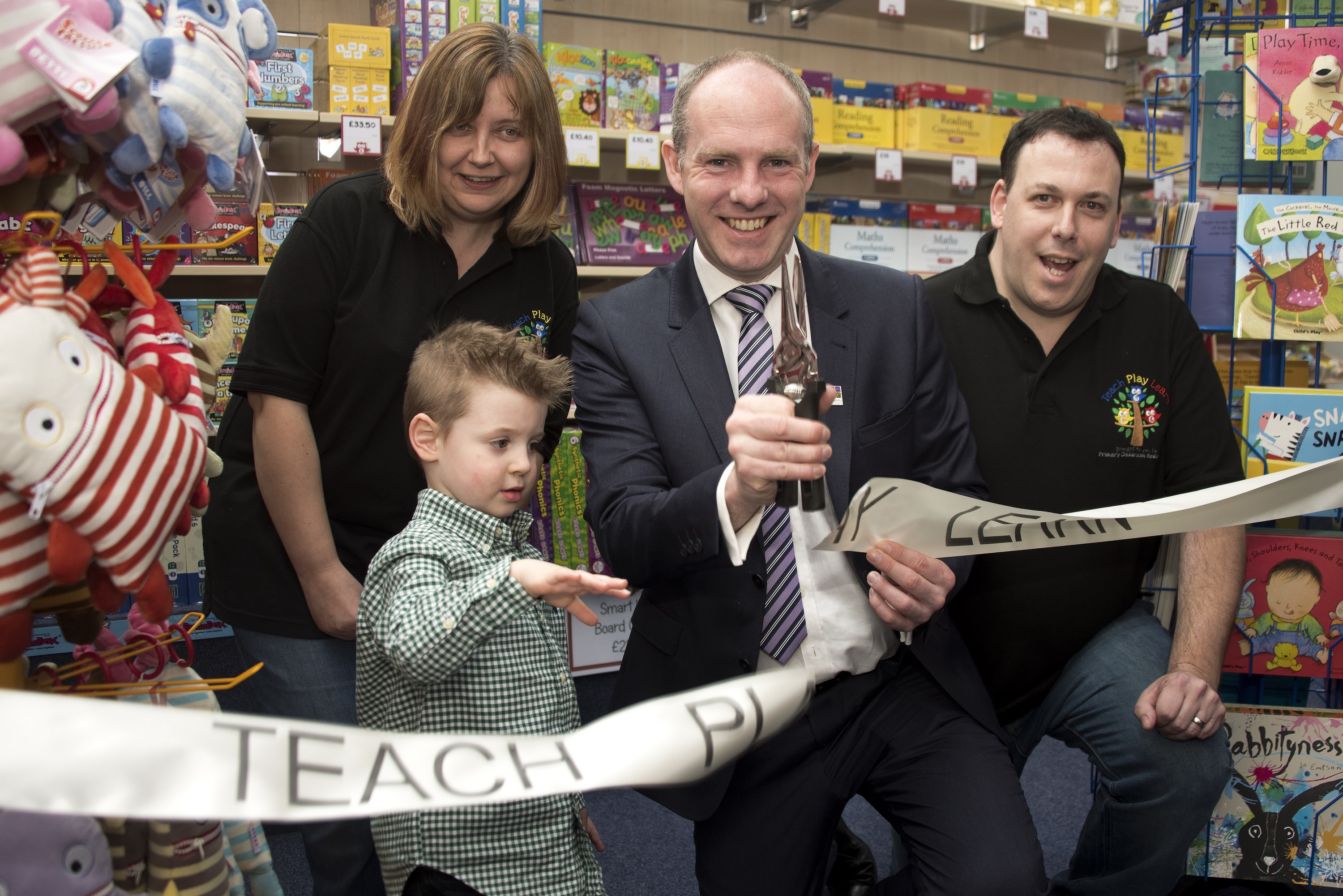
North Swindon MP Justin Tomlinson has welcomed the news that employment levels across the United Kingdom are at an all-time record high.
New statistics released today confirmed that in January, 31.84 million people across the country were working; a figure which equates almost 75% of the population. At the same time, unemployment has by more than 900,000 since 2010 to a rate of just 4.8%.
In Swindon, the number of people of work has fallen consistently and, at just 1.3%, the unemployment rate is significantly lower than the national average and among the lowest in the country. Since 2010, unemployment across the town has fallen by more than 60% and over 8,400 more people are in work.
Data also released today shows that annual wage growth is at 2.6%, outstripping inflation; while youth unemployment is down significantly, the number of disabled people finding work has increased and the percentage of women in employment has reached a record high.
The Government has committed to providing additional, tailored support to those in search of work. Jobseekers in Swindon were among the first in the country to benefit from the pioneering Universal Credit system, which partners dedicated work coaches with applicants throughout the process and simplifies the system by rolling six previously complex benefits into one simple payment.
Under Universal Credit, statistics show that jobseekers are more likely to find work, stay in work & earn more; thanks in part to the removal of the old sixteen hour work cliff-edge. This means that employees are no longer penalised by the system for increasing the hours they work, or moving up within a company.
Justin recently visited the newly refurbished Swindon Jobcentre to see how its excellent team are supporting residents to find work & access the new tailored support; all in bright and modern space complete with the latest computers and other resources designed to simplify the process.
Justin Tomlinson MP said: “Today’s figures show that once again unemployment is down across the country and more people are in work that ever before. The figures nationally show unemployment down, youth unemployment down, wages up and the number of people in work reaching a new record of almost 32 million. Locally, we’re not just matching these trends – we are beating them. Unemployment in our town is down to just 1.3%, one of the lowest rates anywhere in the country, with unemployment down by over 60% and over 8,400 more people in work since 2010. This is yet further proof that Swindon is certainly a thriving town on the up.”
Key statistics
- Employment:84 million (up 302,000 over the past year and up 2.7 million since 2010).
- Employment rate:6% (up 0.5 points over the past year and up 4.2 points since 2010).
- Unemployment:6 million (Down 97,000 over the past year and down 906,000 since 2010).
- Unemployment rate:8% (down 0.3 points over the past year and down 3.1 points since 2010).
Useful information
- Employment is at a record rate of 74.6% - the highest since comparable records began in 1971 – with 31.84 million now in work.
- The unemployment rate remains at 4.8% – the lowest rate for 11 years.
- Wages grew by 2.6% over the last year and there are over 750,000 vacancies at any one time.
- Youth unemployment is at 12.6% – the lowest level since 2005.
- The number of disabled people in work has increased by 594,000 in the past three years.
- The rate of women in employment has reached a record high of 70%.
- The number of people claiming benefits (Jobseeker’s Allowance and Universal Credit searching for work) fell by 42,000 on the quarter to 2.1% – the lowest rate since 1974.
Labour always try and tell Britain that these jobs are part-time, insecure and poorly paid – in fact:
- Since 2010, over 70% of the rise in employment has been from full time work.
- Since 2010, 95% of the growth in employment has come from permanent employees or people working for themselves.
- Real wages are continuing to rise strongly.
It was Labour that left people with fewer jobs and fewer opportunities:
- Youth unemployment rose by 44 per cent under Labour – meaning young people were not getting the skills they need to get on in life.
- The number of households where no member had ever worked nearly doubled under Labour.
- Unemployment rose by nearly half a million.
- Unemployment among women rose by 26%.
- Long-term unemployment doubled between 2008 and 2010 from 381,000 to 788,000.

